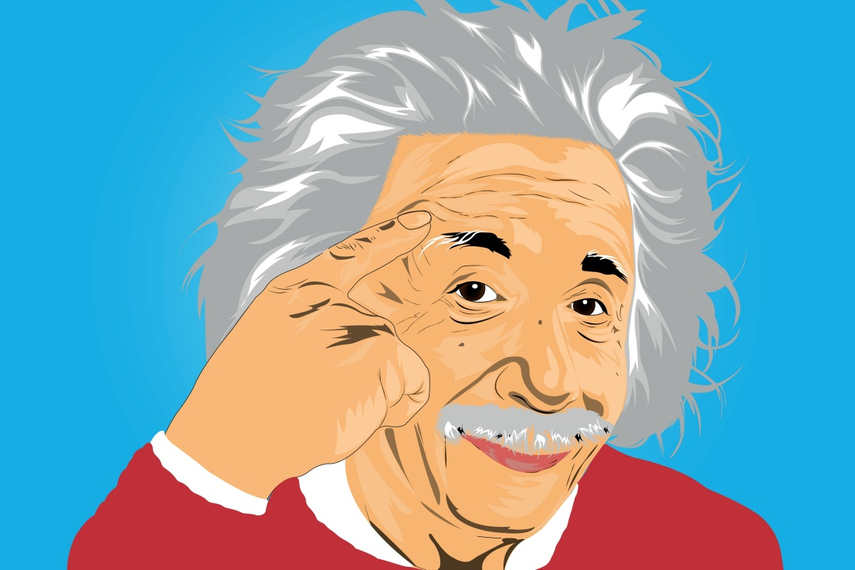
Please sign in or register
Existing users sign in here
Having trouble signing in?
Contact Customer Support at
[email protected]
or call+852 3175 1913
THE AD CONTRARIAN: Assumptions must always be challenged if we are to have confidence that we actually know anything, but an evidence-based approach is all too rare in marketing.

Contact Customer Support at
[email protected]
or call+852 3175 1913
Top news, insights and analysis every weekday
Sign up for Campaign Bulletins
In a world obsessed with visual-first content, brands often forget their most powerful trigger is sound, argues Quantum’s Rahina Renanggalih.
Patrasuwan’s marketing philosophy of delivering high-quality food at affordable prices and always keeping the customer at the heart of every decision has led KFC to become the number-one brand in Thailand’s QSR industry.
'Stop always being negative about our industry,' CEO says, after strong Q1 growth.
Do we have what it takes to be Spikes Asia judges? We’ll find out next week. Until then, the Campaign APAC team shares our favourite picks from this year’s shortlist.